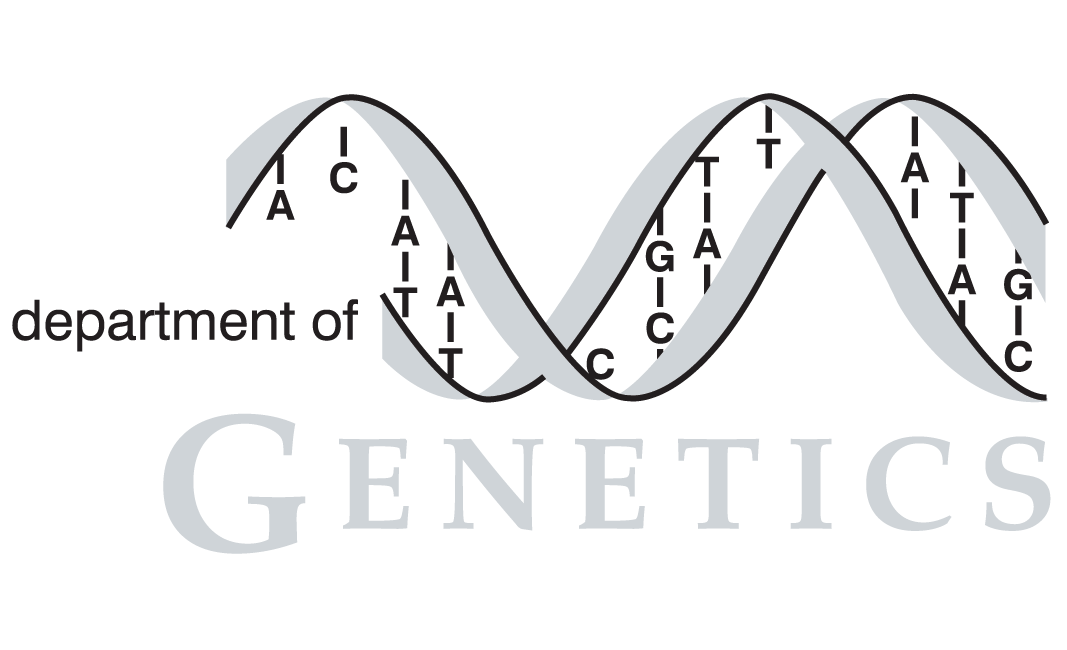| Citation | Livas D, Almering MJ, Daran JM, Pronk JT, Gancedo JM. Transcriptional responses to glucose in Saccharomyces cerevisiae strains lacking a functional protein kinase A. BMC genomics, 2011. |
| PubMed ID | 21827659 |
| Short Description | Transcriptional responses to glucose in Saccharomyces cerevisiae strains lacking a functional protein kinase A. |
| # of Conditions | 10 |
Full Description

|
BACKGROUND: The pattern of gene transcripts in the yeast Saccharomyces cerevisiae is strongly affected by the presence of glucose. An increased activity of protein kinase A (PKA), triggered by a rise in the intracellular concentration of cAMP, can account for many of the effects of glucose on transcription. In S. cerevisiae three genes, TPK1, TPK2, and TPK3, encode catalytic subunits of PKA. The lack of viability of tpk1 tpk2 tpk3 triple mutants may be suppressed by mutations such as yak1 or msn2/msn4. To investigate the requirement for PKA in glucose control of gene expression, we have compared the effects of glucose on global transcription in a wild-type strain and in two strains devoid of PKA activity, tpk1 tpk2 tpk3 yak1 and tpk1 tpk2 tpk3 msn2 msn4. RESULTS: We have identified different classes of genes that can be induced -or repressed- by glucose in the absence of PKA. Representative examples are genes required for glucose utilization and genes involved in the metabolism of other carbon sources, respectively. Among the genes responding to glucose in strains devoid of PKA some are also controlled by a redundant signalling pathway involving PKA activation, while others are not affected when PKA is activated through an increase in cAMP concentration. On the other hand, among genes that do not respond to glucose in the absence of PKA, some give a full response to increased cAMP levels, even in the absence of glucose, while others appear to require the cooperation of different signalling pathways. We show also that, for a number of genes controlled by glucose through a PKA-dependent pathway, the changes in mRNA levels are transient. We found that, in cells grown in gluconeogenic conditions, expression of a small number of genes, mainly connected with the response to stress, is reduced in the strains lacking PKA. CONCLUSIONS: In S. cerevisiae, the transcriptional responses to glucose are triggered by a variety of pathways, alone or in combination, in which PKA is often involved. Redundant signalling pathways confer a greater robustness to the response to glucose, while cooperative pathways provide a greater flexibility. |
Tags
 |
Contact: sgd-helpdesk@lists.stanford.edu


